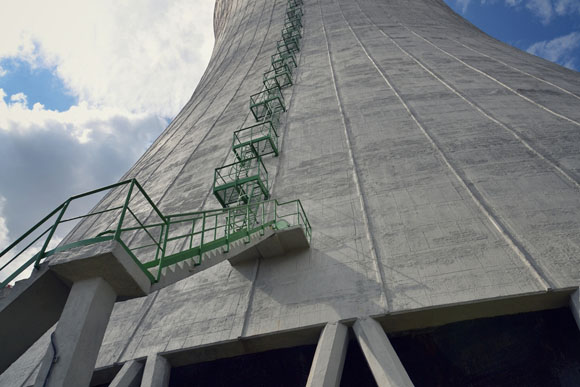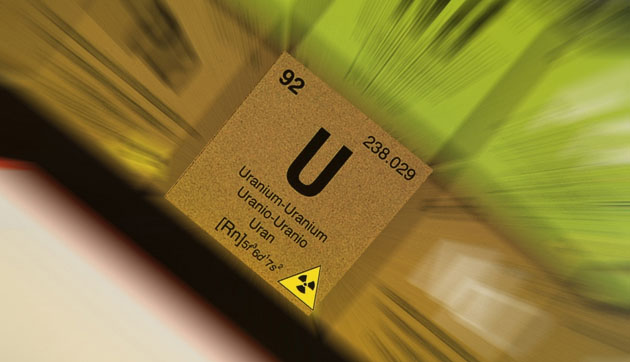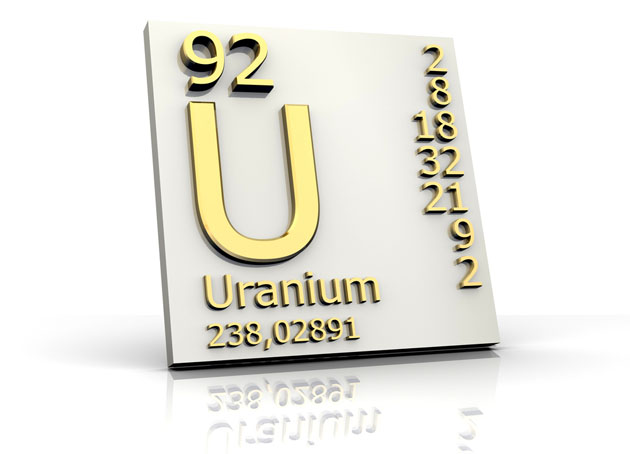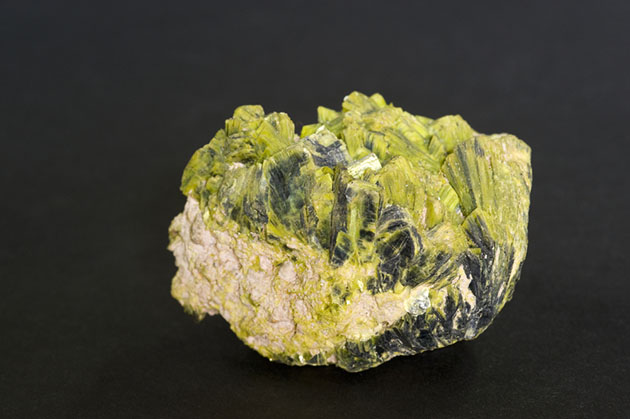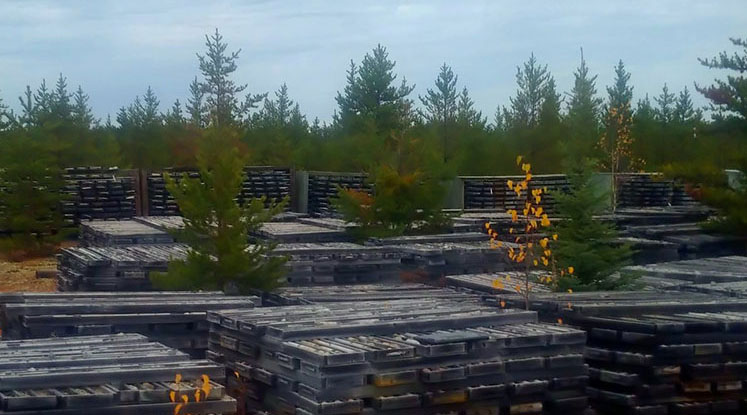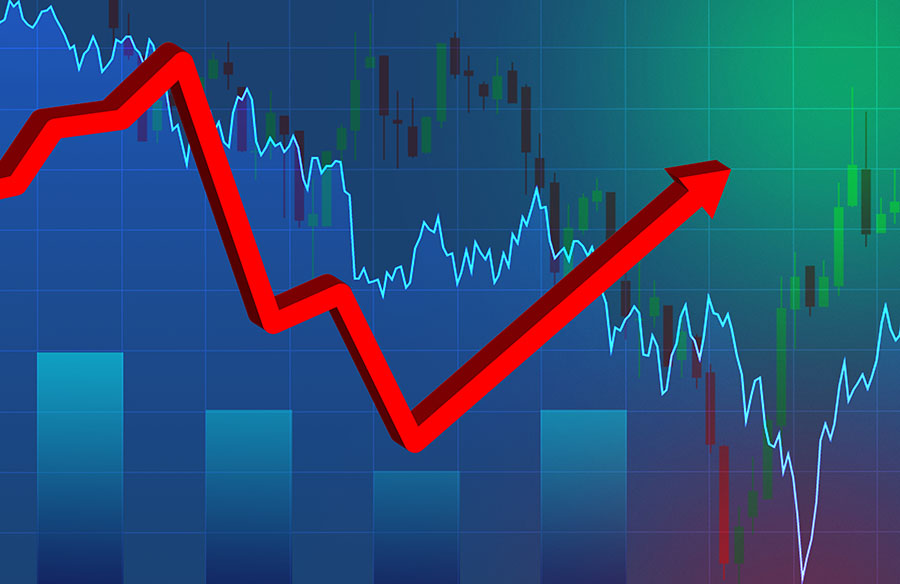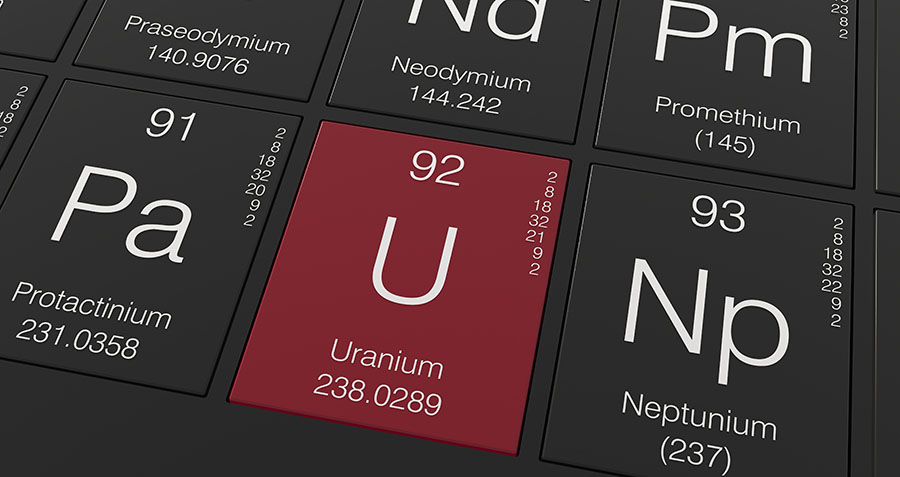The Mining Report: You've written about what you call a "colder war," where Russia takes advantage of its energy supply role to make deals with China and increase its power in the world. Was the downing of the Malaysian plane over the Ukraine a turning point in that war?
Marin Katusa: It is a truly awful thing for almost 300 people to die that way and it sure attracted global media attention. It is very clear that Russia is strengthening its ties with Asia. A new monetary fund is being created by China, India and Russia. South Africa is joining, as is Brazil. The emerging markets are sick and tired of the old indebted countries, such as the United States and Western Europe, dictating their destinies. Central to all this is energy because it is what fuels the economic engines across the world.
Join Doug Casey, Lacy Hunt, Grant Edwards and an agenda packed with specific answers to your questions about what is coming next in the markets and how you can position yourself to prevail.
For more information about the Casey Research 2014 Summit Sept. 19–21 in San Antonio, Texas
TMR: When Russia and China signed a 30-year, $400-billion natural gas agreement in May, was that just the start of more cooperation between the two countries?
MK: Definitely. Within three weeks of that handshake, the BRIC Monetary Fund was announced as an alternative to the International Monetary Fund. Ecuador, Venezuela and even Argentina are showing interest. Russia is now doing deals with Iran. There is a major geopolitical shift in the world today. This is just the beginning; expect the unexpected.
TMR: Are you more worried about what's happening in Eastern Europe than in the Middle East right now?
MK: I don't like to see conflict anywhere, but the two situations are very different, and the wise speculator can make money from both situations. What's going on in Europe right now is a battle between the European Union versus what I call the new EU, the Eurasian Union. The Middle East is also very important in the global energy matrix. One-third of all seaborne oil passes through the Strait of Hormuz every day. But, if you're asking which region has a bigger effect on the price of oil, than hands down it is the Middle East.
TMR: You were in Iraq not that long ago. Is the fighting going on there right now threatening the oil fields?
MK: Definitely. Doug Casey and I advised our subscribers to stay away from investing in the region because of the conflict between Kurdistan and the central Iraqi government. The three main pipelines are targets, so they are trucking oil out of the producing oil wells in Kurdistan. There are some great companies there, but, unfortunately, it's going to get worse before it gets better. ISIS is further complicating an already complicated situation and, unfortunately, it will get worse before it gets better.
All of these global conflicts going currently highlight the importance of a secure, stable, long-term supply of energy. It makes energy investing a great place to be.
TMR: Is all this conflict going to keep the price of oil above $100/barrel ($100/bbl)?
MK: Yes, for the foreseeable future the Brent crude price should stay above $100 bbl. It isn't just Russia and Iraq. Unrest in Israel, the China Sea and even the antifracking movement in America threaten energy supplies. We live in an era where the cheap oil is gone. The unconventional technologies can't make oil fracking for under $70–75/bbl. If demand stays where it currently is, cheap oil is gone.
TMR: You've written about a European energy renaissance. What form will that take?
MK: German Chancellor Angela Merkel, whom I call the green lady, wants her country to use only renewable energy. Unfortunately, the green dream is expensive; it hasn't worked. Costs of electricity are up 25% for the past three years. Ironically, the carbon footprint of Germany has increased every year for the last decade. Since it stopped using nuclear energy, which is one of the cleanest sources of fuel, Germany is depending more on coal than ever before. And it is importing more natural gas from Russia. Today, 25% of the Russian energy producer Gazprom's (OGZD:LSE; GAZ:FSE; GAZP:MCX; GAZP:RTS; OGZPY:OTC) revenue comes from Germany.
The result of these higher energy prices is that Mercedes, Volkswagen, BMW and Audi are all leaving. It's too expensive to manufacture in Germany. That is why Europe needs to embrace modern unconventional drilling techniques. Europe has been fracking since the 1950s, but now it needs to go from vertical to horizontal fracks to enhance oil recovery. I liken it to advances in entertainment technology. In North America, we are in the age of 3-D movies. Europe is still stuck in the world of black and white silent movies. It hasn't even brought audio to the big screen, never mind color or special effects.
Russia has made the transition. It has gone from 4.5 million barrels (4.5 MMbbl) to over 10 MMbbl in a decade and a half by using horizontal drilling. It is investing in the sector just as the U.S. has increased its oil and gas production. Europe will get there. China will get there. The United Kingdom, Germany, Albania and the Netherlands are moving in that direction. It's going to take time, but the key is to bring modern technology to past-producing oil fields. The countries that don't move into the modern era of energy production, such as France, will fall behind economically as its costs get too high. Even German legislation is now following the U.K.'s lead to allow oil fracking in a safe and responsible way, which is the right way to do it.
TMR: Is this an investing opportunity for companies bringing good horizontal fracking technology to Europe?
MK: Definitely. In our newsletter, we have a whole section based on investing in the European energy renaissance and those stocks are doing fantastic. In a market where most juniors are getting slaughtered, we're booking great gains. Our selections are based on management teams that have the know-how and that are able to raise capital to employ technology that enhances production in these old proven oil fields. It's an exciting area and we're in the early stages of this bull market.
TMR: Can you give me a couple of examples of those companies?
MK: I'll give you one that we've done very well within our newsletter. We use trailing stops and we have been stopped out with over a 30% gain on Vermilion Energy Corp. (VET:TSX). It's doing exactly what I'm talking about, growing in Europe. It is going to become one of the largest gas producers in the Netherlands and could become the largest producer in Ireland and Germany. It is focusing on those areas because the netbacks are so much higher than in North America. Europe doesn't produce its own liquefied natural gas (LNG) so it has to import it from the Middle East or Russia. Europe imports a lot of oil from Russia and the Middle East. Those are very high-risk areas, which is why we'll see a premium in the Brent oil versus the West Texas Intermediate prices for years to come.
TMR: Is this a company that you would buy again? What are the signs that it would be the right time to get in again?
MK: We love the company. It's not unlike seeing your child go off to university. I don't want to see it go, but it's the right thing to do. We booked over 30% profit. The market right now is a bit shaky so I'm going to be patient. When it gets cheap again I will buy on value-investing metrics.
TMR: What are some other companies in Europe that are still on the upswing?
MK: PRD Energy Inc. (PRD:TSX.V) is one that we follow. I own it personally, as does Doug Casey. It just recently completed an overbought private placement with some of the biggest names in the junior resource sector taking a lot of it. It has the largest land position in Germany and I'm very excited about it.
TMR: How will PRD Energy use that $23 million from the private placement to create value?
MK: It has drilled one well already and it plans to drill another three oil wells this fall on the Boerger site going after conventional production. The blue-sky potential on the company is its Posidonia Shale, but that will take at least three to five years to develop, and until then the company plans on going after conventional production.
TMR: Any other European energy plays?
MK: If you want to make an anti-American investment, Gazprom is an interesting one. It's the world's largest pure producer of natural gas. If you think the Russians will win, take a look at Gazprom. I don't own it personally, but I think it's a very interesting play and, from a value investing standpoint, it's cheap.
TMR: You mentioned the role of nuclear in powering Europe. What uranium companies could benefit if either Germany or Japan restarts power plants?
MK: For uranium, it's very simple. Stick with proven management teams that have undervalued assets. Stay away from the smaller companies that have a big portion of their production hedged at current market prices as they're depleting their reserves in a market that isn't making money right now. I also believe that uranium investors should stay in North America.
Start with Cameco Corp. (CCO:TSX; CCJ:NYSE) in the Athabasca Basin, which is the highest-grade uranium. Cameco is the largest publicly traded uranium producer.
One we have followed for years in our newsletter that has had a fantastic run, and is in our tenbagger club, is Uranium Energy Corp. (UEC:NYSE.MKT). It is one of the lowest-cost uranium producers in the U.S. and it's unhedged. Management is very smart. President and CEO Amir Adnani has cut back production to avoid depleting reserves in a down market. In three years, if the price of uranium corrects to pre-Fukushima prices, which I believe it will, the stock is going to be a big winner.
Those are the two that I believe investors need to look at for their uranium portfolio, and that's what's in our portfolio.
TMR: You are going to be speaking at the Casey Research Summit, Thriving in a Crisis Economy, in San Antonio in September. What do you hope attendees will take away from that conference?
MK: Two things. In addition to the big picture economic thinking and geopolitics, I like to focus on the investment opportunities. I've had a great run at the shows. The stock I picked last year more than doubled. The one I announced the year before that is up 400%. I hope subscribers leave with some great investment ideas to make money.
The map table will feature companies filtered by the Casey Research crew. That is worth the price of the show, just getting to talk with management and the savvy investors at the table. It's fascinating.
TMR: Any final words of advice for readers deciding what to do with their portfolios the rest of the year?
MK: Be patient, do your homework, don't rush in, buy in tranches. Like a professional athlete, you have to put in the time if you want to have a strong body or a strong portfolio.
TMR: Thank you, Marin.
For more information about the Casey Research 2014 Summit Sept. 19–21 in San Antonio, Texas, visit Thriving in a Crisis Economy.
Marin Katusa is the chief investment strategist for the Casey Research energy division. He is the editor of the Casey Energy Report, Casey Energy Confidential and Casey Energy Dividends newsletters. A regular part of his due diligence process for Casey Research includes property tours, which has resulted in him visiting hundreds of mining and energy producing and exploration projects all around the world. Katusa, who is a former post-secondary mathematics teacher, is regularly interviewed for print and television.
Want to read more Mining Report interviews like this? Sign up for our free e-newsletter, and you'll learn when new articles have been published. To see recent interviews with industry analysts and commentators, visit The Mining Report home page.
DISCLOSURE:
1) JT Long conducted this interview for Streetwise Reports LLC, publisher of The Gold Report, The Energy Report, The Life Sciences Report and The Mining Report, and provides services to Streetwise Reports as an employee. She owns, or her family owns, shares of the following companies mentioned in this interview: None.
2) The following companies mentioned in the interview are sponsors of The Mining Report: None. Streetwise Reports does not accept stock in exchange for its services or as sponsorship payment.
3) Marin Katusa: I own, or my family owns, shares of the following companies mentioned in this interview: PRD Energy Inc. and Uranium Energy Corp. I personally am, or my family is, paid by the following companies mentioned in this interview: None. My company has a financial relationship with the following companies mentioned in this interview: None. I was not paid by Streetwise Reports for participating in this interview. Comments and opinions expressed are my own comments and opinions. I had the opportunity to review the interview for accuracy as of the date of the interview and am responsible for the content of the interview.
4) Interviews are edited for clarity. Streetwise Reports does not make editorial comments or change experts' statements without their consent.
5) The interview does not constitute investment advice. Each reader is encouraged to consult with his or her individual financial professional and any action a reader takes as a result of information presented here is his or her own responsibility. By opening this page, each reader accepts and agrees to Streetwise Reports' terms of use and full legal disclaimer.
6) From time to time, Streetwise Reports LLC and its directors, officers, employees or members of their families, as well as persons interviewed for articles and interviews on the site, may have a long or short position in securities mentioned. Directors, officers, employees or members of their families are prohibited from making purchases and/or sales of those securities in the open market or otherwise during the up-to-four-week interval from the time of the interview until after it publishes.



